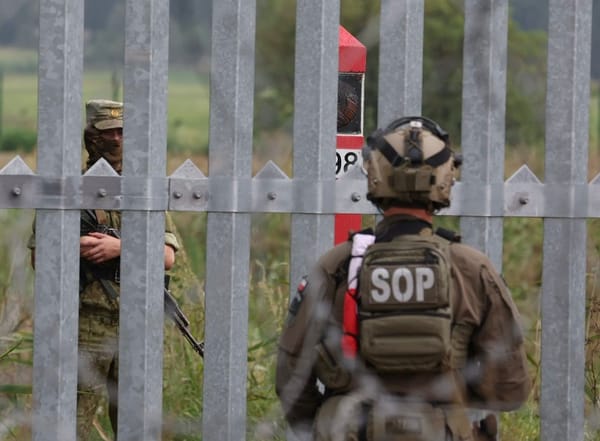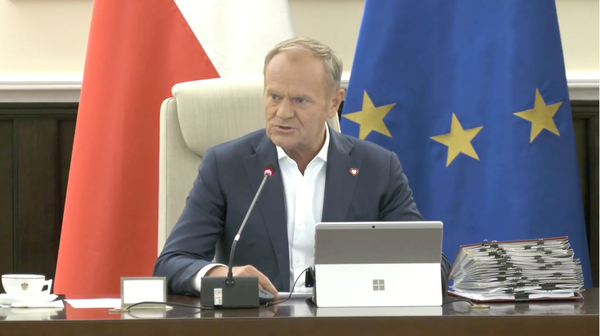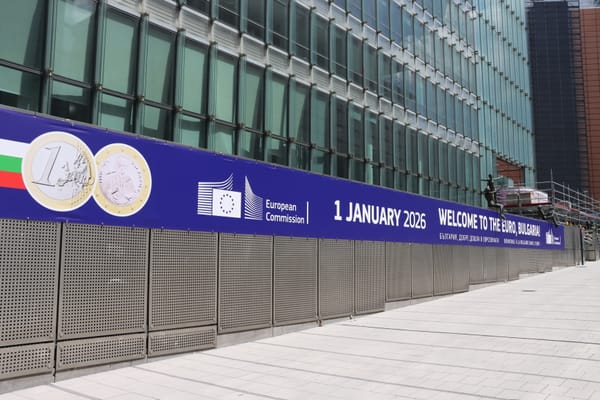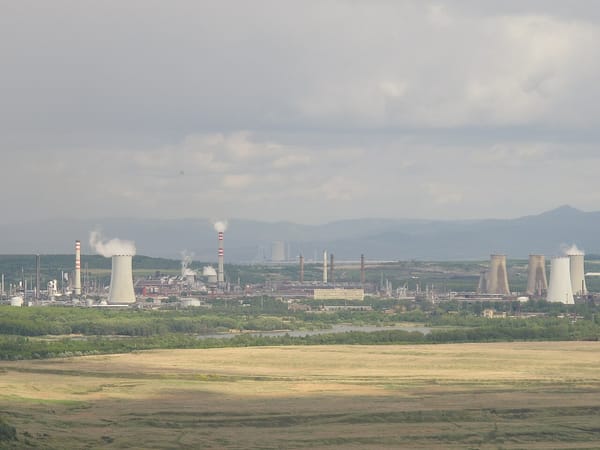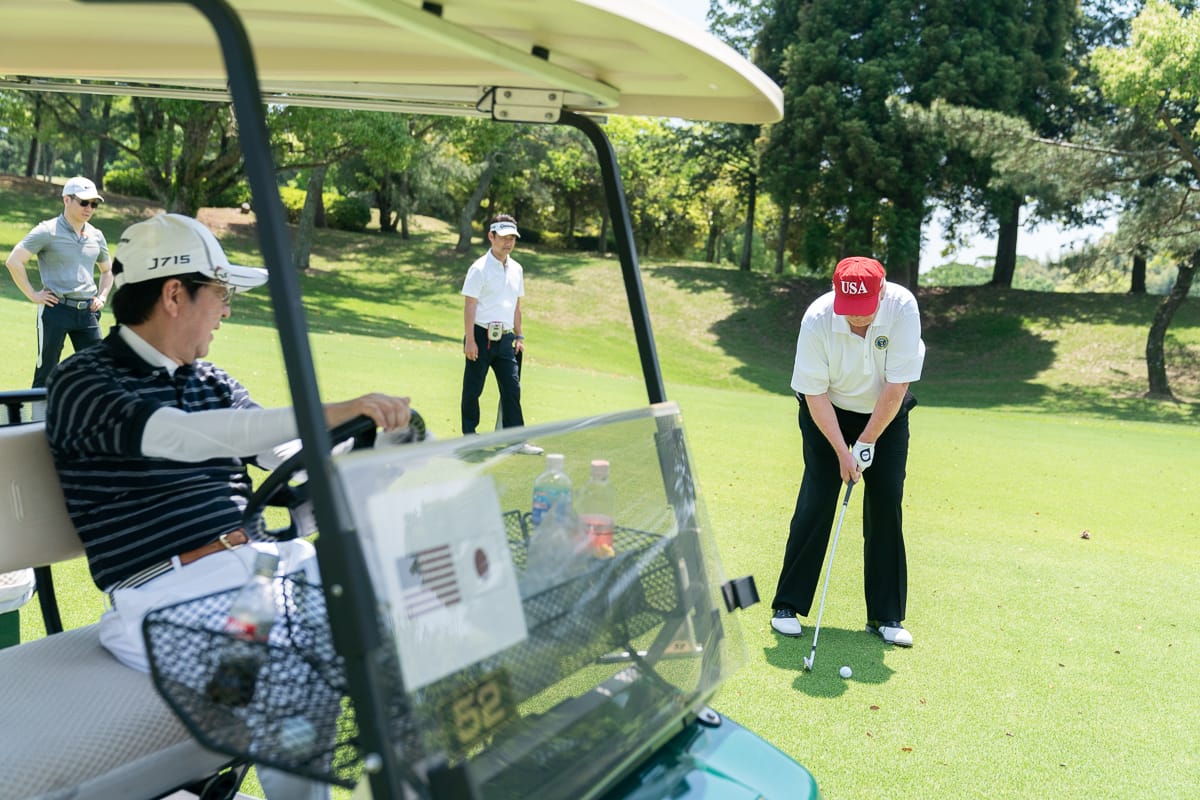
EU, US agree to 15% tariff rate, averting Trump trade war
European Commission (EC) President Ursula von der Leyen agreed a new trade deal with US President Donald Trump at Turnberry, south-west Scotland, on 27 July, setting a ceiling of 15% on tariffs for EU goods and averting a wider transatlantic escalation.
The agreement sets a 15% tariff ceiling on EU exports to the US, covering goods including cars, pharmaceuticals and semiconductors. Steel and aluminium will remain subject to 50% tariffs. No official text has yet been published.
CEE exporters welcome clarity
Central and Eastern Europe (CEE) member states will benefit from the EU-US trade agreement, particularly those with high exposure to automotive and industrial exports. Poland, Czechia, Slovakia and Hungary, which together host some of the EU’s largest car production facilities, had urged the EC to avoid a tariff escalation that could have disrupted regional supply chains.
The Polish Development and Technology Ministry said on 28 July that the agreement “preserves vital access for exporters while ensuring a manageable trade regime”, citing continued duty-free thresholds for certain parts and finished vehicles. In 2024, Poland exported EUR 8.1bn in transport equipment to the US, according to Polish customs data.
The Slovak Economy Ministry said the outcome “brings a degree of certainty to planning and investment”. The ministry added that EC negotiating team leader Maros Sefcovic, the Slovak diplomat and politician serving as European commissioner for trade and economic security, had consulted Bratislava before the deal was finalised.
Slovakia world's most auto-dependent economy
As the world’s largest car producer per capita, Slovakia exported EUR 2.9bn in passenger vehicles to non-EU countries in 2024, Slovak ministry data showed.
Hungarian Foreign Affairs and Trade Minister Peter Szijjarto welcomed the agreement, saying on 28 July that it “demonstrates the importance of defending strategic industry interests through EU unity”. Hungary hosts large production facilities for Audi, Mercedes-Benz, Suzuki and other carmakers.
The Czech Finance Ministry described the agreement as “a relief for industry” and said it would “continue to work with the EC to ensure effective implementation, particularly for supply chain-relevant tariff lines”. Czechia exported EUR 5.2bn in automotive goods to the US in 2024, according to the Czech Statistics Office.
Beyond autos, regional stakeholders also noted implications for pharmaceuticals, chemicals and machinery. The Lithuanian Economy and Innovation Ministry said it would seek clarification on the deal’s scope for medical and biotech products, a growing export sector for the Baltic country.
Trump trade tactics pressure Brussels
The EU committed to purchasing USD 750bn in US energy and investing USD 600bn in the US economy over Trump’s current term. Trump called it “the biggest deal of them all”, while von der Leyen said the compromise would “rebalance but enable trade on both sides”, Reuters reported.
The agreement followed a two-week standoff triggered by Trump’s threat to raise tariffs on most EU goods to 30% from 1 August. The EU had drawn up retaliatory tariffs of up to 30% on USD 100bn of US exports, including aircraft, soybeans and bourbon, due to take effect from 7 August, Brussels-based website Politico wrote.
EU seeks implementation clarity
The EC said the 15% rate would serve as a ceiling, with some product categories potentially exempt. Alcoholic beverages are excluded from the current arrangement and will be subject to further talks.
EC Trade Commissioner Maros Sefcovic, chief of staff Bjoern Seibert and Director-General for Trade Sabine Weyand briefed ambassadors in Brussels on 28 July. Sefcovic described the negotiations as “tough but necessary” and said the deal would bring stability to EU industry, news agency AP reported.
US Commerce Secretary Howard Lutnick, who attended the talks, said a review of the semiconductor sector is underway and could result in additional measures.
Next steps uncertain as deal text pending
The EC confirmed that no final legal text had been released as of 29 July. A person close to the negotiating team told Politico that internal legal work was ongoing and warned that “locking in the language is crucial”.
Trump, on holiday at Turnberry, spent most of 27 July golfing before meeting von der Leyen in the early evening. During the press conference, he also criticised wind turbines visible from the course, describing them as “killing the scenery” and “made in China”. Von der Leyen said, “It was heavy lifting we had to do, but now we made it.”

